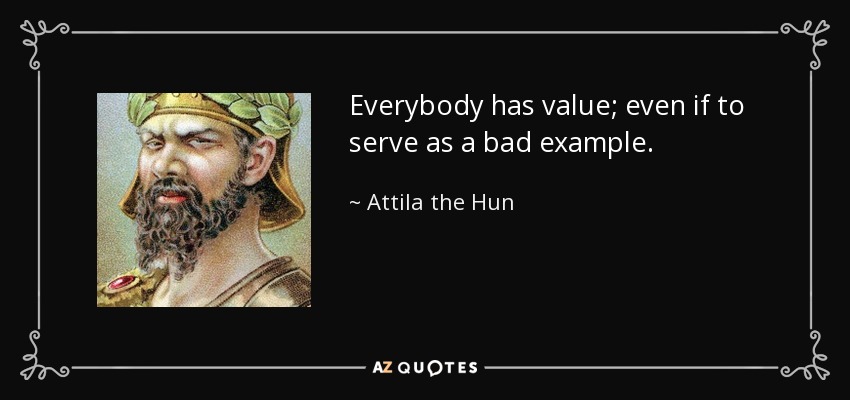This month, I’ve focused on “The Simple” from Proverbs 7. The Simple chase success through the following:
- Wealth: Probably the most common misunderstanding about success is that it’s the same as having money. King Solomon of ancient Israel, said to be not only the wisest but also the richest man who ever lived, asserted, “Whoever loves money never has money enough; whoever loves wealth is never satisfied with his income.”
- A Special Feeling: Another common misconception is that people have achieved success when they feel successful or happy. But trying to feel successful is probably even more difficult than trying to become wealthy.
- Specific and Worthwhile Possessions: Possessions are at best a temporary fix. Success cannot be attained or measured that way.
- Power: Charles McElroy once joked, “Power is usually recognized as an excellent short-term antidepressant.” English historian Lord Acton said, “Power tends to corrupt and absolute power corrupts absolutely.” Power really is a test of character.
- Achievement: Many people have “destination disease.” They believe that if they can arrive somewhere—attain a position, accomplish a goal, or have a relationship with the right person—they will be successful.
John Maxwell provides a roadmap that will change your life in his book 3 Things Successful People Do, which are:
- Knowing your purpose in life
- Growing to reach your maximum potential
- Sowing seeds that benefit others
Click here to learn more about Maxwell’s 3 Things


